If President Trump thinks that imposing steep tariffs on steel and aluminum will boost his public support, he is going to be disappointed.
After dipping during the Great Recession, public support for international trade has rebounded as unemployment has declined. In a survey conducted last fall, the Chicago Council on Public Affairs found that 72 percent of Americans thought trade is good for the U.S. economy, 78 percent thought it benefits consumers like themselves, and 57 percent thought it helps create jobs in the United States. Partisans differed significantly only on job creation: 69 percent of Democrats saw trade as good for jobs, compared to 48 percent of Republicans. Even core Trump supporters joined the pro-trade parade: 62 percent said it was good for the economy, 68 percent said it benefitted consumers, and nearly half (48 percent) saw it as good for job creation.
Attitudes on the North American Free Trade Agreement (NAFTA) are more divided along party lines. In a Pew survey released last November, 72 percent of Democrats saw NAFTA as good for the U.S., compared to only 35 percent of Republicans. Fifty-three percent of Republicans believed that Mexico is gaining more from NAFTA than the U.S., compared to only 16 percent of Democrats. Across party lines, Americans saw the benefits flowing to Canada and the U.S. as more balanced than in the Mexican case.
This brings us to the events of the past few days. According to a Quinnipiac University poll released on March 6, only 31 percent of Americans approve of President Trump’s decision to impose a 25 percent tariff on imported steel, while 50 percent disapprove. The prospect of added costs for consumers reduces public approval to 29 percent.
Not surprisingly, the president’s move divided the public along partisan lines, with 58 percent of Republicans but only 11 percent of Democrats approving. Independents, whose views could prove decisive in the midterm elections, disapprove by a margin of 55-28. And the response in Mr. Trump’s base—whites without a college education—is lukewarm, with 44 percent approving and 38 percent disapproving.
The public is ambivalent about the impact of tariffs on American jobs: 26 percent say it will be good, 36 percent say bad, and 24 percent believe that it will have no impact. Here again, Independents turn their thumbs down, with only 22 percent saying it will be good for jobs compared to 41 percent who believe the opposite.
There is evidence, finally, that the president’s effort to brush aside the prospects of a trade war has failed to persuade the public. Only 28 percent agree with Mr. Trump’s statement that a trade war would be good for the United States; fully 64 percent reject it, including 71 percent of Independents and 50 percent of non-college whites.
All this helps explain why the public sees the president’s handling of trade in such a negative light: only 34 percent approve, while 54 percent disapprove, including 57 percent of Independents.
As the fall elections approach, expect to see Republicans from bright Red districts sticking with Mr. Trump on trade but Republicans from swing suburban districts breaking ranks and going their own way.
The Brookings Institution is committed to quality, independence, and impact.
We are supported by a diverse array of funders. In line with our values and policies, each Brookings publication represents the sole views of its author(s).

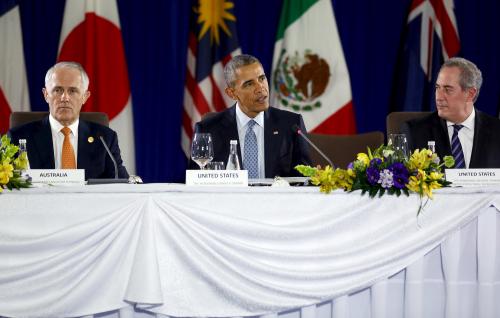
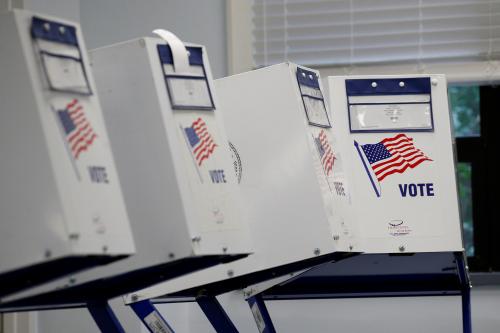
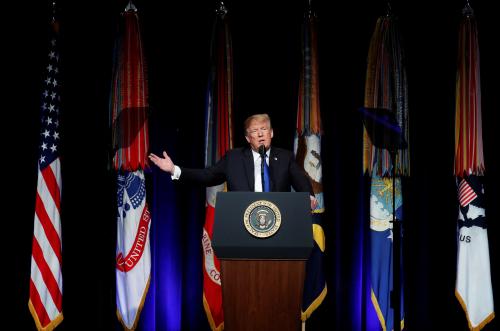
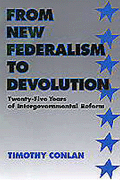
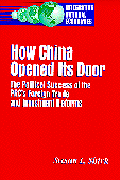




Commentary
Support for Trump’s tariffs even lower than his job approval rating
March 6, 2018